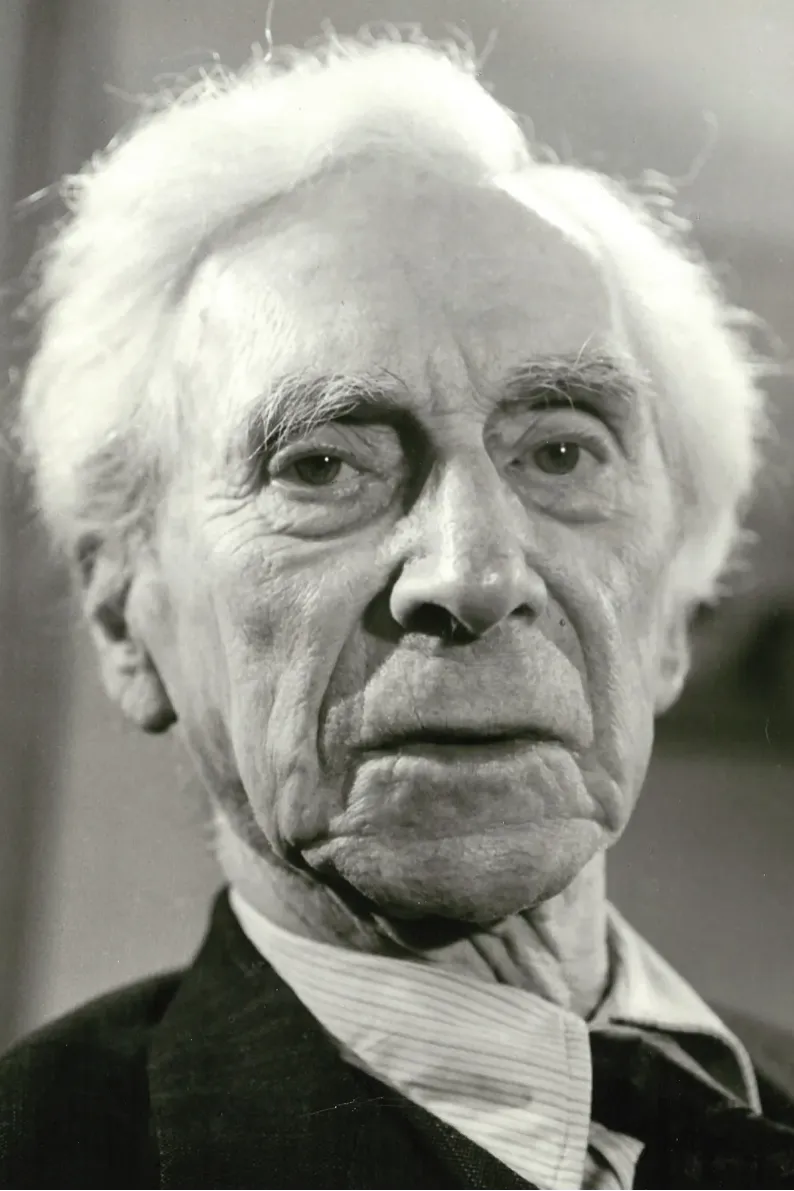
Personal info
Known for
Ultimate Talent
Gender
Male
Birthday
18 May
Location
Wales, United Kingdom
Edit pageBertrand Russell
Biography
Bertrand Russell was a British philosopher, mathematician, logician, and social critic who became one of the most influential thinkers of the 20th century. Known for his clarity of thought and advocacy for peace and reason, Russell made groundbreaking contributions to philosophy, mathematics, and political activism. His writings on logic, ethics, and human freedom continue to shape modern intellectual discourse.
Early Life and Education
Bertrand Arthur William Russell was born on May 18, 1872, in Trellech, Wales, into an aristocratic British family. His early life was marked by tragedy — his parents died when he was a child, and he was raised by his strict grandmother. Despite this, Russell developed a deep love for mathematics and philosophy from a young age.
He studied at Trinity College, Cambridge, where he excelled in mathematics and philosophy. There, he was influenced by the works of philosophers such as Gottlob Frege and John Stuart Mill, which helped shape his logical and analytical approach to philosophical problems.
Career and Major Works
Russell’s career combined deep intellectual inquiry with an active engagement in social and political issues. His early work in philosophy and mathematics aimed to establish a logical foundation for all of mathematics. Together with Alfred North Whitehead, he co-authored the monumental three-volume work “Principia Mathematica” (1910–1913), which sought to demonstrate that mathematical truths could be derived from logical principles.
In philosophy, Russell is regarded as one of the founders of analytic philosophy, emphasizing clarity, logic, and scientific reasoning. His essay “On Denoting” (1905) revolutionized the philosophy of language and remains one of the most important philosophical papers ever written.
Beyond academia, Russell was deeply involved in politics and social reform. He was an outspoken pacifist during World War I, which led to his imprisonment in 1918. Later, he became a leading voice against nuclear weapons and totalitarianism, advocating for global peace and individual freedom.
Russell also wrote extensively on social and moral philosophy, producing influential works such as “The Problems of Philosophy” (1912), “A History of Western Philosophy” (1945), and “Why I Am Not a Christian” (1927). His writings combined rigorous thought with a passion for human progress and rationality.
Later Life and Death
In his later years, Russell continued to write, lecture, and campaign for peace and disarmament. He founded the Bertrand Russell Peace Foundation and remained active in public debates well into his 90s.
He was awarded the Nobel Prize in Literature in 1950 for his varied and significant writings advocating humanitarian ideals and freedom of thought. Bertrand Russell died on February 2, 1970, at the age of 97, in Wales.
Legacy
Bertrand Russell’s influence extends far beyond philosophy. His work laid the groundwork for modern logic, philosophy of language, and analytic philosophy, while his advocacy for peace, education, and rational inquiry continues to inspire generations.
He believed that truth and progress come through questioning, reason, and compassion — principles that remain vital in today’s world.
Conclusion
Bertrand Russell was not only a philosopher of exceptional intellect but also a moral voice for reason and humanity. Through his commitment to logic, education, and peace, he demonstrated that philosophy is not merely abstract thought but a force for improving the human condition. His legacy endures as a model of intellectual courage and lifelong pursuit of truth.